Man says Tesla is suing him for $210k for online posts after he won a separate suit against the car company
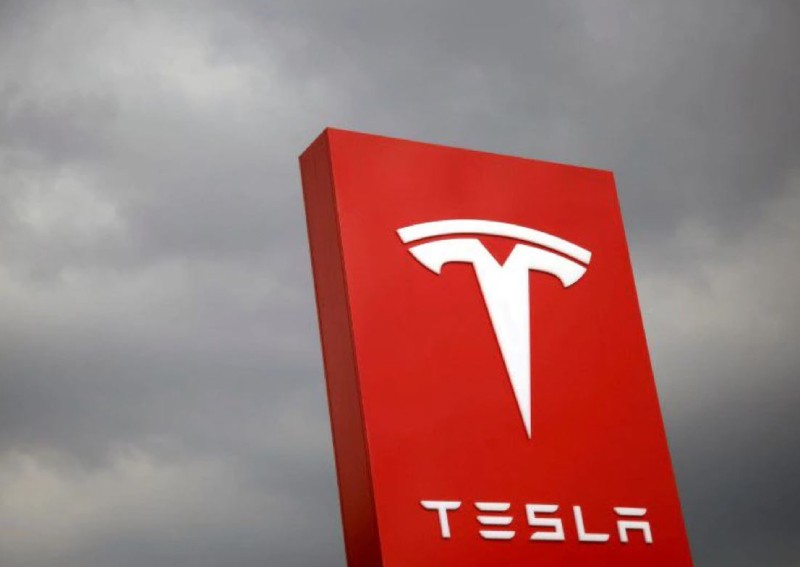
A man in China says Tesla is suing him for defamation after the company paid him more than 1 million yuan (S$210,000) in a separate consumer fraud lawsuit.
Han Chao posted documents of legal paperwork from Tesla informing him that the company was suing him for 5.05 million yuan (US$650,000) for defamation and demanded an apology.
Pictures of the complaint posted by Han said the lawsuit stemmed from previous posts that described Tesla as a “rogue company”, “rubbish Tesla” and “such a quack”.
The statement said: “Han has been spreading his words through a series of online and offline actions … leading the public to have a negative impression of Tesla, causing damage to the company’s reputation .”
Tesla did not respond to multiple emails, messages and phone calls from the South China Morning Post requesting comment.
Han publicly ridiculed the complaint. “Do you mean to say, even though you need to pay me more than 1 million yuan in compensation, even though I am the victim, I cannot say a bad word about you and need to pay 5 million as a price?” he wrote on Weibo.
On Sept 17, Han was awarded 1 million yuan after winning a lawsuit that stemmed from purchasing a second-hand Tesla Model S in May 2019.
At that time, the official Tesla secondhand car sales website promised the vehicle had “no major accidents, no structural damage and had never been in a fire or flood”. Han said he double-checked with the salesperson.
In August 2019, Han heard a banging noise and the car shut down while he was driving. Han asked Tesla to replace the vehicle, but the company offered to change the malfunctioning auto parts instead.
Afterwards, Han took the car to a third party for an evaluation and found traces of cutting and welding in the car’s rear-side panels, meaning that it had been in an accident before Han bought it.
In December, Han took the case to the Beijing Daxing District People’s Court.
According to a court document Han posted on Weibo, Tesla argued that the accident was minor and the repair did not cause structural damage. Therefore, it did not commit fraud when selling the car.
The court declared that, according to pictures provided by Tesla during the suit, the damage would have impacted Han’s willingness to purchase the car.
Since Tesla told Han “the car did not have structural damage”, the court deemed it had had not disclosed all relevant information.
The court ruled that the case constituted consumer fraud, and Tesla should return Han’s payment for the car plus compensate him with a fine of three times the purchasing amount.
In June, the Financial Times reported that multiple bloggers claimed Tesla had sent the private messages threatening lawsuits if they did not dampen their criticisms of the car company.


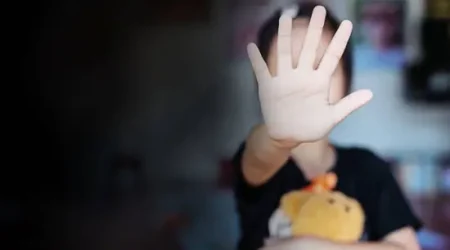




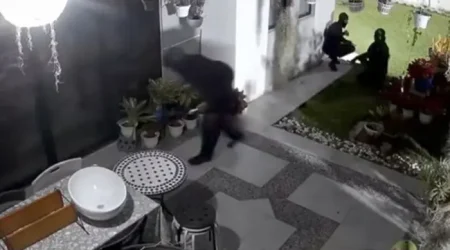
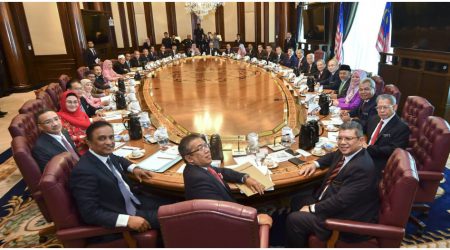

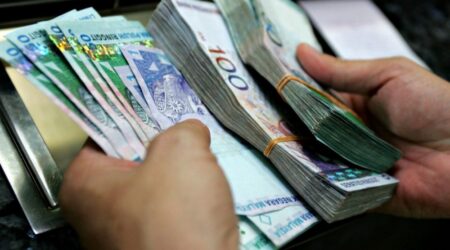
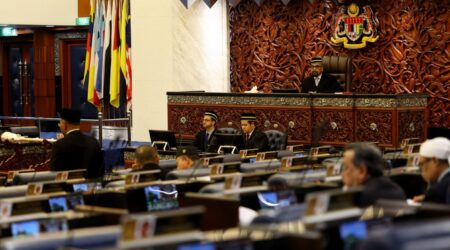
Leave a Reply